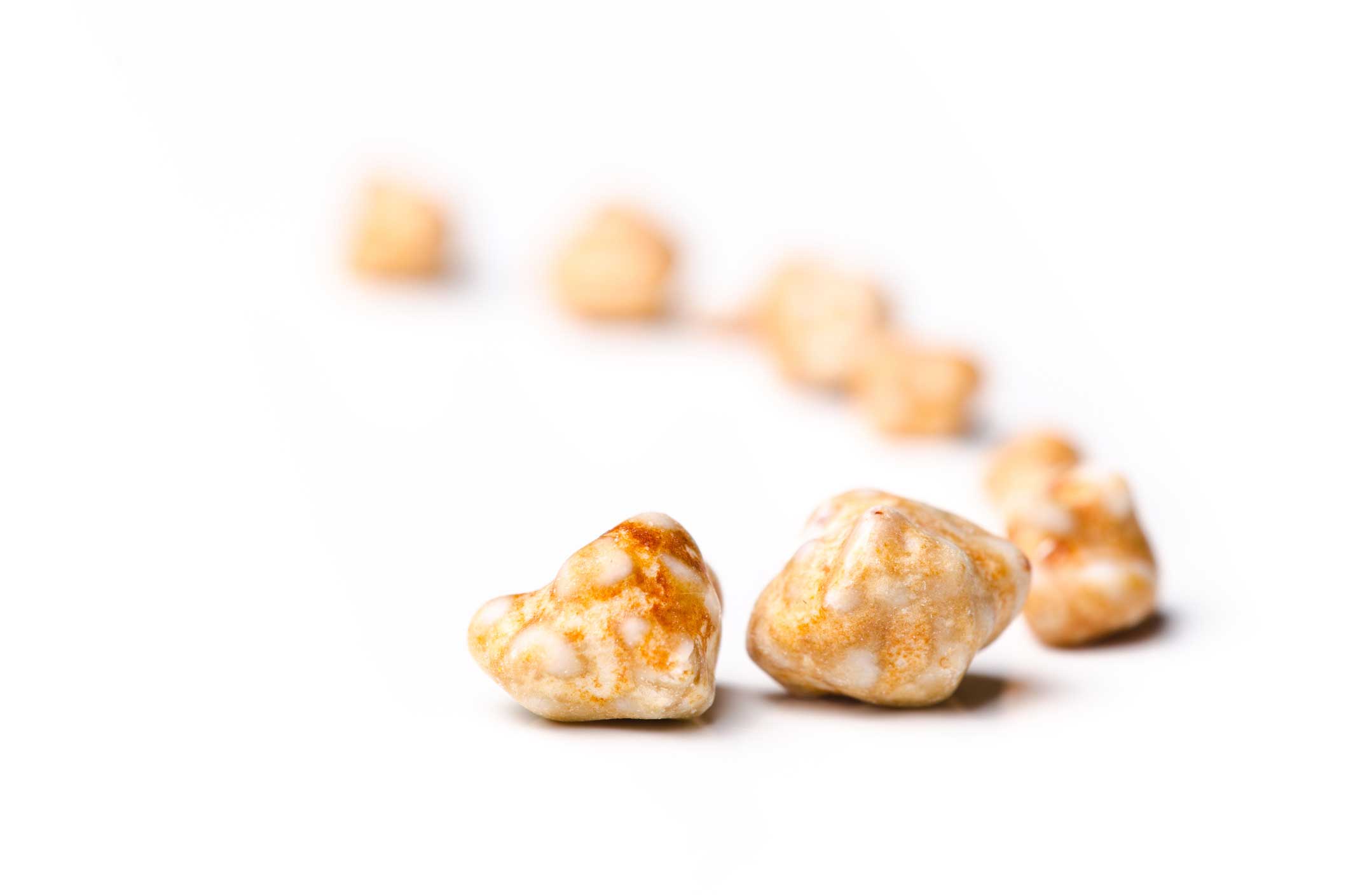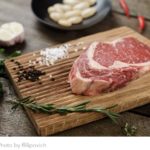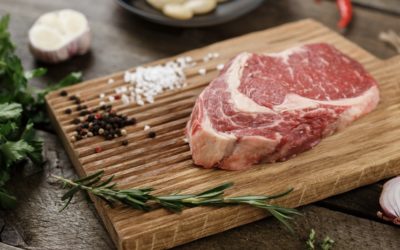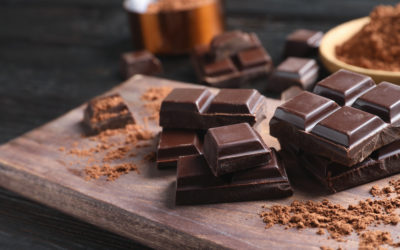An ounce of prevention….. is worth a pound of cure.
Last Tuesday morning went nothing as planned.
I had planned to get up early and go for a bike ride before heading out to see my grandmother at the hospital after a nasty fall that ended in a broken hip and surgery.
I did wake up early, earlier than I had anticipated, but instead of going for that bike ride, I awoke to excruciating mid-back pain. As anyone who knows me can attest, I don’t take medicine. Not for a headache, not for a tummy ache, not for nothing! This morning was different. I sprinted to the kitchen and went directly for the ibuprofen.
After a few hours when the pain had not subsided, I decided to get medical attention. I ended up in the ER for the entire day, doing several tests to discover the root of my pain. We started with routine blood work, then an ultra sound, and finally an MRI.
The final ruling? Gallstones. Really?!
But I’m vegan, gluten-free, dairy-free, and sugar-free.
The only fats I eat are healthy ones from avocados, olive oil, nuts, and seeds.
Apparently, 20 million Americans have gallbladder disease.1 Ok, quick biology lesson here, bile, the stuff that helps you digest and absorb dietary fats is made in the liver and stored in the gallbladder. When you eat a meal, bile is released from the gallbladder. Possible reasons for developing gallstones could include eating too much cholesterol, not making enough bile acids to dissolve the cholesterol, producing too much mucus, and lack of movement.
By all accounts, I just can’t understand how this happened. Vegans don’t eat cholesterol (which comes from animal products), I don’t eat dairy products which cause mucus production, I run, bike, and hike, I’m just not sure how much bile acids I produce since I have no way of measuring bile acid production.
So I started wondering, “how did I get these gallstones and what could I do in the future to avoid getting them?”
What I found out is that it always comes down to lifestyle. Especially physical activity, nutrition, and stress. So many chronic diseases today are linked to unhealthy body weight, gallbladder disease is no exception. Obesity is associated with increased secretion of cholesterol into bile. 1
Physical activity increases gallbladder motility and is inversely related to the development of gallstones. As little as 2 hours of physical activity a week could significantly lower your risk of developing gallstones or any other chronic disease like diabetes, heart disease, or cancer.
Nutrition plays a big role in every chronic disease as well. Just as I had instinctively thought, vegetarians have less risk of developing gallstones or other chronic diseases. The reason for this is their diets are usually higher in fiber, fruits, and vegetables (especially the green leafy kind). Other beneficial foods include flaxseeds, nuts, walnuts, and oily fish like salmon and sardines (good sources of omega-3 fatty acids). Foods to limit or avoid include refined sugars, alcohol, excessive intake of legumes (beans), and foods high in saturated fat (animal products).
Supplements and herbs which may be helpful include Vitamin C, Magnesium, Vitamin E, and Calcium. Botanicals like milk thistle (protect the liver), and dandelion or globe artichoke (choleretics that stimulate the increased output of bile), turmeric, a source of curcumin, (reduce concentration of cholesterol in bile), and terpenes like peppermint oil (inhibit formation of new stones and dissolve those already formed) are particularly effective in liver/gallbladder issues.
Finally, there is the problem of stress. Not one person on this planet has a stress-free life and none are immune to its detrimental effects to health. Animal studies have found that stress causes gallbladder dysfunction and accumulation of bile (the longer it sits, the more chance of it becoming sludgy and forming stones).1 Techniques like yoga, meditation, Tai Chi, and Qigong are all good for stress reduction. But, there is one other form of stress reduction that is not talked about much in medical literature because it is difficult to study and quantify, and that is your thoughts.
Toxic thoughts that evoke anger, sadness, and resentment can have equally toxic effects on the body. Toxic thoughts are also a form a stress for the body and require energy to neutralize and remove from the body. If the body is already taxed from stress of work, family, and lack of sleep, this could be a perfect storm! Forming stones that require removal may be the body’s way of slowing down (if for a brief moment) and focusing energy on healing itself.
My concluding thoughts are these: if you want to be healthy eat right, move often, and mind what’s on your mind!
Peace and Health!
Regina









